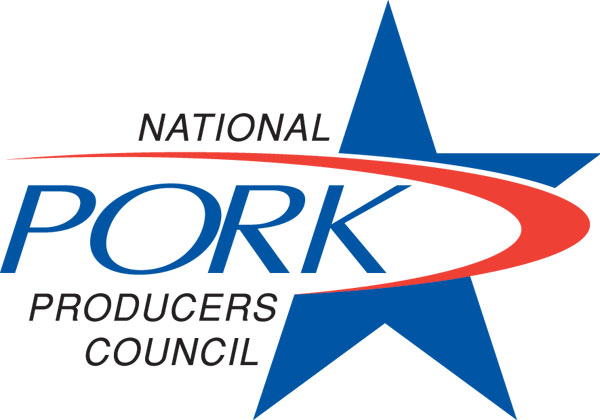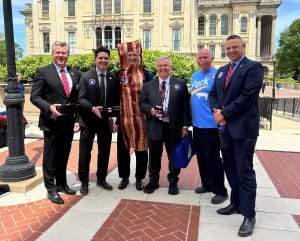NPPC: Japan's Offer On TPP Unacceptable to U.S. Agriculture
February 21, 2014

The National Pork Producers Council (NPPC) says U.S. acceptance of the recent Japanese offer, made as part of the ongoing Trans-Pacific Partnership (TPP) trade talks, would be a radical departure from previous U.S. free trade agreements (FTAs) and could potentially set an unacceptable precedent for future trade deals.
The TPP is a regional trade negotiation that includes the United States, Australia, Brunei Darussalam, Canada, Chile, Japan, Malaysia, Mexico, New Zealand, Peru, Singapore and Vietnam, which account for nearly 40% of global GDP.
In its negotiations with the United States, Japan wants to exempt from tariff elimination 586 tariff lines, or 11% of its tariff schedule. In the 17 other FTAs the United States has concluded this century, only 233 tariff lines were exempted from tariff elimination.
Like what you’re reading? Subscribe to the National Hog Farmer Weekly Preview newsletter and get the latest news delivered right to your inbox every week!
“For the TPP to be a high-standard, 21st century agreement, Japan’s deal on market access should exceed the deal that South Korea and other U.S. FTA partners made this century with the United States,” said Nick Giordano, vice president and international trade counsel for NPPC.
“If the United States acquiesces to Japan’s demands,” Giordano said, “it’s not difficult to envision other trading partners asking for exemptions on non-agricultural products. And if Japan is permitted to shield a massive number of tariff lines from tariff elimination, other TPP countries are likely to pull back their sensitive products.”
Japan is an important market for U.S. agriculture – the fourth largest – which shipped $13.5 billion of food and agricultural products to the island nation in 2012.
Said Giordano, “The U.S. must reject Japan’s offer and insist that it do what every other U.S. trading partner has done and what all other TPP nations are willing to do: eliminate all tariffs.”
NPPC has joined a coalition of other agricultural organizations in opposing the Japanese requests for the exhemptions. The coalition includes the American Meat Institute (AMI), National Association of Wheat Growers and Cattlemen's Beef Association, among others.
Click here for an analysis of U.S. free trade agreements, showing tariff line exemptions.
You might also like these stories:
How Long Can PEDV Survive in the Environment
Sow Housing Comparison: Consulting the Data
Will Shrinking Consumer Disposable Income Threaten Pork Demand?
You May Also Like


